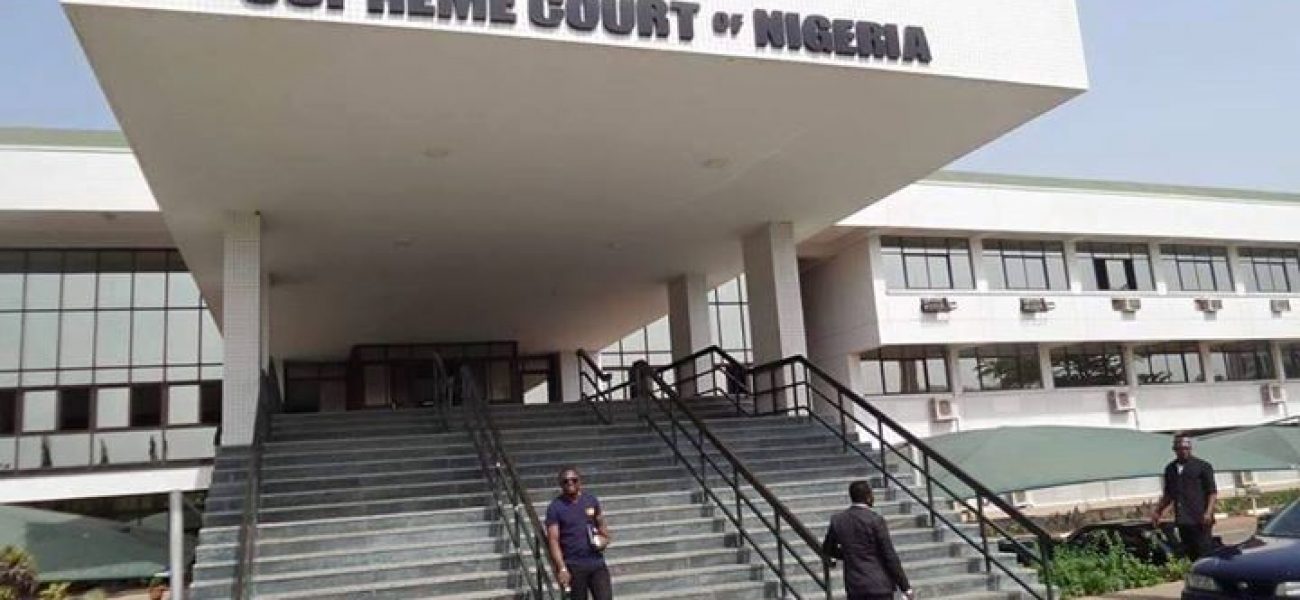The Nigerian Supreme Court, on 24th June 2022, declined jurisdiction to rule on a matter regarding the setting aside of section 84(12) of the Electoral Act, which provides thus:
“No political appointee at any level shall be a voting delegate or be voted for at the Convention or Congress of any political party for the purpose of nomination of candidates for any election.”
The provision makes political appointees ineligible to serve as political party delegates and prohibits them from being aspirants in party primaries.
The suit was initiated by President Muhammadu Buhari and the Attorney General of the Federation and Minsiter of Justice, Abubakar Malami, seeking for the provision to be nullified for contravening the 1999 Nigerian Constitution, the African Charter on Human and Peoples’ Rights and other provisions of the Electoral Act. It will be recalled that President Buhari had first forwarded a proposed amendment to section 82(12) of the Electoral Act, to the National Assembly specifically asking for the provision to be deleted. However, this amendment failed to pass at the National Assembly, with the Federal Government proceeding to the court afterwards.
A seven-judge panel of the Supreme Court unanimously struck out the suit, stating that the court lacked jurisdiction to hear the matter, which it described as an abuse of judicial process. The Supreme Court stated that the President did not have the right to invoke the original jurisdiction of the court as provided in section 232 of the 1999 Nigerian Constitution. It further held that the President having assented to the Electoral Act, including the provision in question, could turn around and ask the court to strike it down. The decision of the Supreme Court seems to have put an end to the tussle between the Executive and the National Assembly on this provision of the 2022 Electoral Act.

